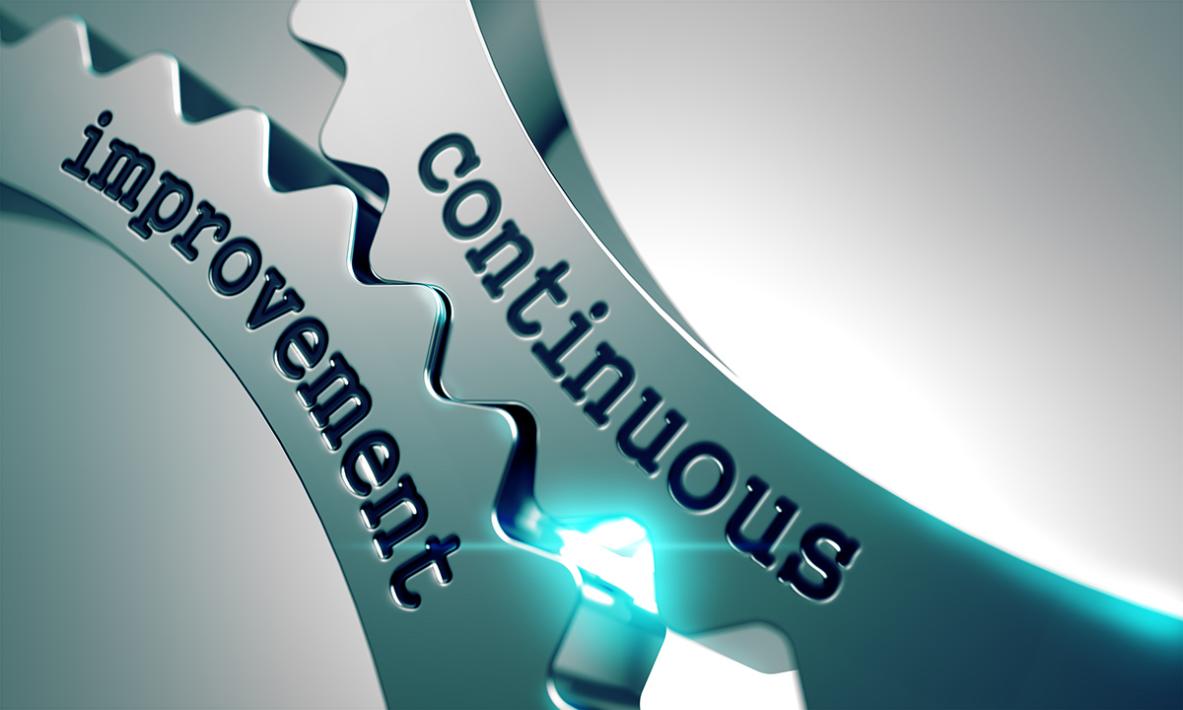Reinforcement Learning and Continuous Control: A Journey Through Challenges and Solutions
Introduction

Reinforcement learning (RL) has emerged as a powerful technique for enabling agents to learn optimal behavior in complex and dynamic environments. In continuous control tasks, the agent must learn to map continuous inputs to continuous outputs, making the learning process more challenging compared to discrete control tasks. This article explores the challenges and solutions in RL for continuous control, highlighting the progress made and identifying open challenges for future research.
Challenges In Reinforcement Learning For Continuous Control
- High-Dimensional Action Space: Continuous control tasks often involve high-dimensional action spaces, making it difficult for RL algorithms to explore the entire space efficiently.
- Lack of Prior Knowledge: In many continuous control tasks, the agent has little or no prior knowledge about the environment, making it challenging to learn effective policies from scratch.
- Delayed and Sparse Rewards: Continuous control tasks often provide delayed and sparse rewards, making it difficult for the agent to learn the long-term consequences of its actions.
- Non-Stationarity and Non-Linearity of the Environment: Continuous control environments are often non-stationary and non-linear, making it challenging for RL algorithms to learn policies that generalize well to different conditions.
Current Solutions To Address The Challenges
- Deep Neural Networks for Function Approximation: Deep neural networks have been successfully used to approximate the value function and policy in RL for continuous control tasks. These networks can learn complex relationships between states and actions, even in high-dimensional spaces.
- Exploration Strategies for Efficient Learning: Efficient exploration is crucial for RL algorithms to learn effectively in continuous control tasks. Various exploration strategies, such as Gaussian exploration and deep deterministic policy gradient (DDPG), have been developed to balance exploration and exploitation.
- Hierarchical Reinforcement Learning for Structured Control: Hierarchical RL decomposes a complex task into a hierarchy of subtasks, making it easier for the agent to learn. This approach can improve the efficiency and scalability of RL algorithms in continuous control tasks.
- Model-Based Reinforcement Learning for Planning and Adaptation: Model-based RL algorithms learn a model of the environment and use it to plan and adapt their policies. This approach can help RL algorithms learn more efficiently and generalize better to different conditions.
Case Studies And Applications
- Robotics: RL has been successfully applied to various robotics tasks, including locomotion, manipulation, and grasping. RL algorithms have enabled robots to learn complex skills, such as walking, running, and picking up objects.
- Autonomous Vehicles: RL has been used to develop autonomous vehicles capable of navigating, keeping lanes, and avoiding obstacles. RL algorithms have enabled autonomous vehicles to learn safe and efficient driving policies.
- Energy Management: RL has been applied to energy management tasks, such as demand response, load balancing, and renewable energy integration. RL algorithms have enabled energy systems to optimize energy consumption and reduce costs.
Open Challenges And Future Directions
- Safe Reinforcement Learning for Real-World Applications: Developing RL algorithms that can learn safe policies in real-world applications is a major challenge. Safe RL algorithms must be able to learn to avoid dangerous situations and recover from errors.
- Multi-Agent Reinforcement Learning for Cooperative and Competitive Scenarios: Extending RL to multi-agent settings, where multiple agents interact with each other, is a challenging task. Multi-agent RL algorithms must be able to learn cooperative and competitive strategies.
- Reinforcement Learning for Continuous Control with Constraints: Many continuous control tasks have constraints, such as physical limits or safety requirements. Developing RL algorithms that can learn policies that satisfy these constraints is a challenging task.
- Theoretical Foundations and Convergence Analysis: Developing theoretical foundations and convergence analysis for RL algorithms in continuous control is an important area of research. This will help to understand the limitations and capabilities of RL algorithms.
Summary And Conclusion
Reinforcement learning has made significant progress in continuous control tasks, enabling agents to learn complex skills and solve challenging problems. However, several challenges remain, including safe RL, multi-agent RL, RL with constraints, and theoretical foundations. Addressing these challenges will require further research and development, opening up new possibilities for RL applications in various domains.
YesNo

Leave a Reply